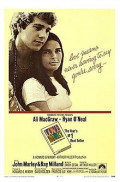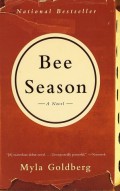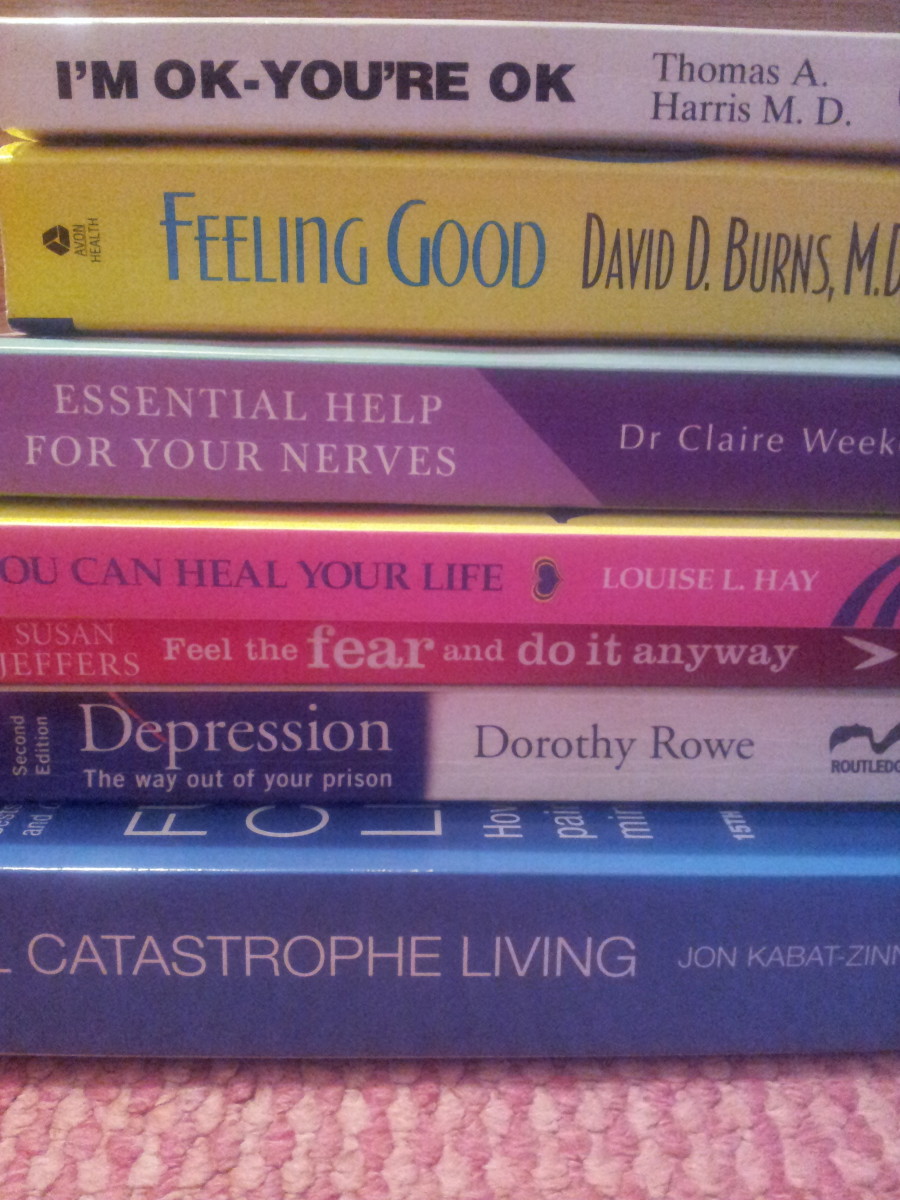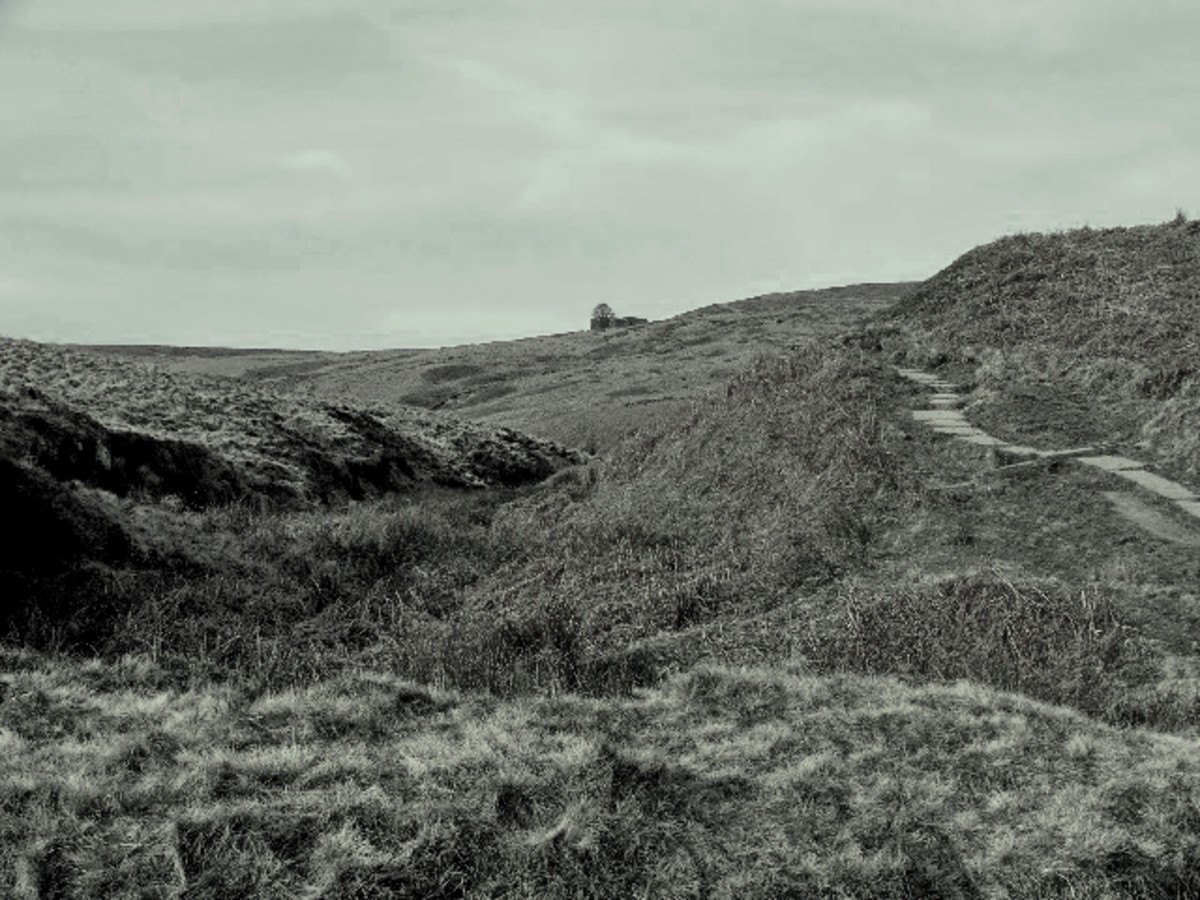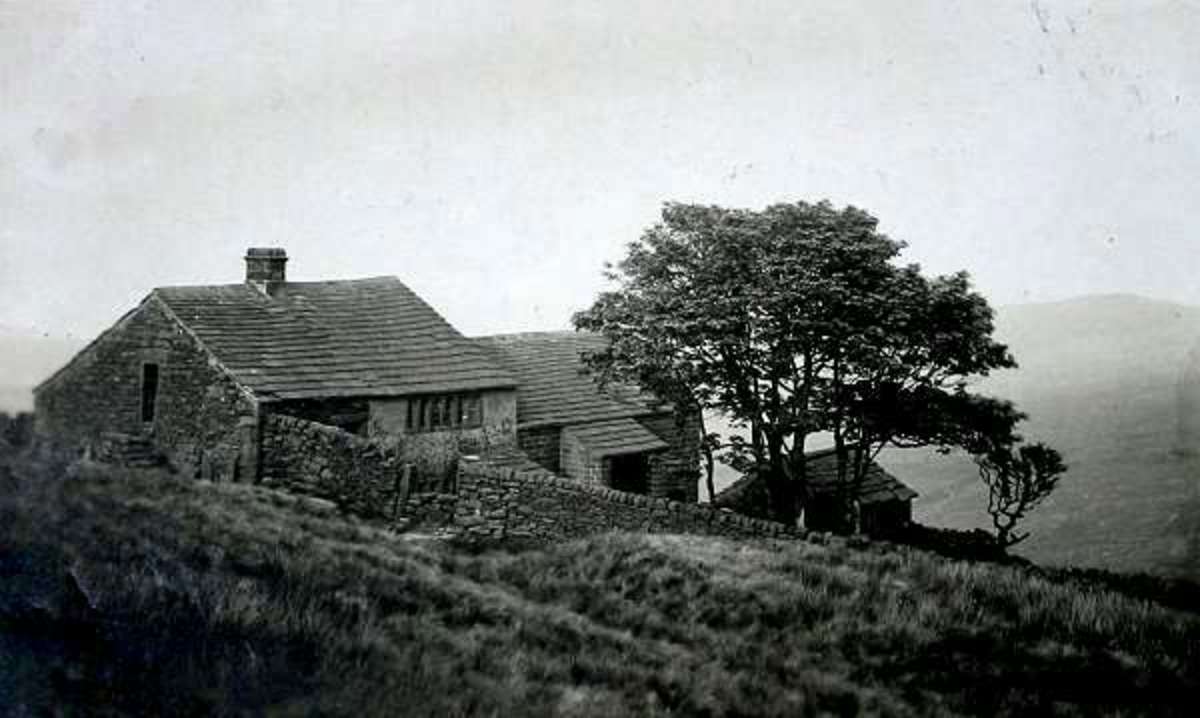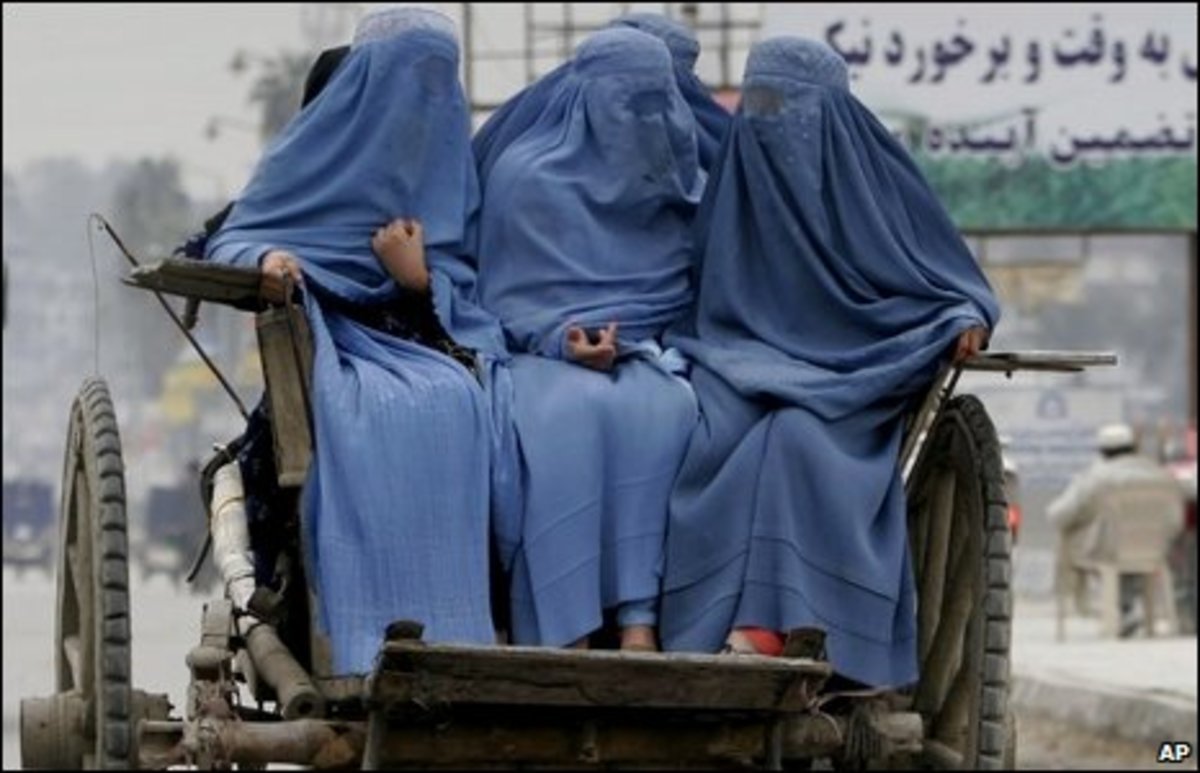Understanding 'The Help' by Kathryn Stockett
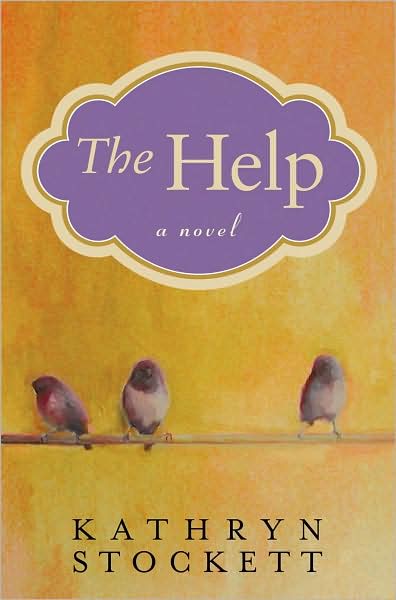
The book itself used race and a time period as a vehicle to get a message across, it wasn’t trying to rewrite history. I laughed a tiny bit, cried some, but mostly this book made me think about the interpersonal relationships of women, and then family, and then how people treat one another in general. It’s these social mores we put on one another and adhere to that makes this book so unique because it crosses that line of race and class and delves into human decency and morality. Stockett wasn’t trying to rewrite history, she was trying to make us look at ourselves and make us ask that crucial question that no one wants to hear anyone ask: Has anything really changed? That social divide is still there, so is racism, class-ism, and all sorts of socioeconomic politics come into play when we unearth the way that people continue to relate to one another even in this day and age no matter how many counteractive laws have been put into place to attempt to ensure equality. I feel that if a person reads through this book and only comes out with a sense that the author was talking about race then they’ve wasted 522 pages of a great story and a few hours of their lives because they missed the point entirely.
Personally, I don’t understand the rave reviews of the film. The writer/director truly did miss the basic gist and did not carry out the author’s main point onscreen. They did choose to stick to race in the movie. And you know why? Because it was easier.
In the book there was a character named Clementine who was mixed race, but looked more like a black woman, although her daughter had been born with a much lighter skin tone to the point of looking white. Having a child of that complexion was a great distress to Clementine, so much so that she sent her child away. This was actually built up in the book as just one of the climaxes, but it was an important one. This particular piece of the story was brought up over the course of 421 pages before it was completely explained and the nearly shocking explanation took 10 pages to resolve. However, the writer/director of the film completely altered this entire storyline so much that it changes the tone of the story itself. If the movie hadn’t been preceded by a book, then maybe I could’ve ignored the mangled anticlimactic turn of events onscreen, but it’s a bad movie preceded by an extraordinary novel, so it’s harder to swallow. Watching the movie without reading the book first, or at all, is like watching a film meant to be a romance and not understanding that it was meant to be about love. So many crucial details were left out of the movie that made the book what it was, that in turn made the movie into something it wasn’t meant to be in the first place. The last scene in which you see the character Minnie (played by Octavia Spencer) had a voiceover that stated Minnie having dinner with the couple gave her the strength she needed to leave her abusive husband. Romanticized, unrealistic to the point of eye rolling, and a complete one-eighty of what happened in the book. I understand that sometimes the screenwriter that adapts a story from its novel form to a film is trying to tie up loose ends that can’t be conveyed onscreen and has to find the best way to bring a story to life from the pages of a book to getting real people to act it out believably is difficult, but it appears that this writer/director didn’t even try.
The movie made black people look helpless and lost without the aide of whites during a time when we all know that wasn’t the truth at all. The book actually gave each woman a uniquely strong spirit that wasn’t captured in the movie at all. I really don’t understand who approved that script or if they cared how true it was to the actual story because it was so far removed from it. Even though a few of the performances were good, the movie itself was too contrived and lacked too greatly where the original story blossomed. If a group of students is ever given this book to write an essay on and they try and just watch the movie to get by with it, they will get a failing grade undoubtedly. And for all the people who gave the movie 5 stars, I can’t begin to imagine what their idea of a good movie/story would be, and I don’t think I’d want to know.
If you saw this movie without ever having read Kathryn Stockett’s heart wrenching novel, I’d advise you to read the book, especially if you despised the movie. Yes, it was shot very beautifully, but the plot was paper thin and poorly written as an adaptation, and this is one book that you shouldn’t judge by its movie because it really didn’t do it justice by a long shot.

